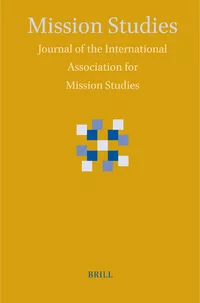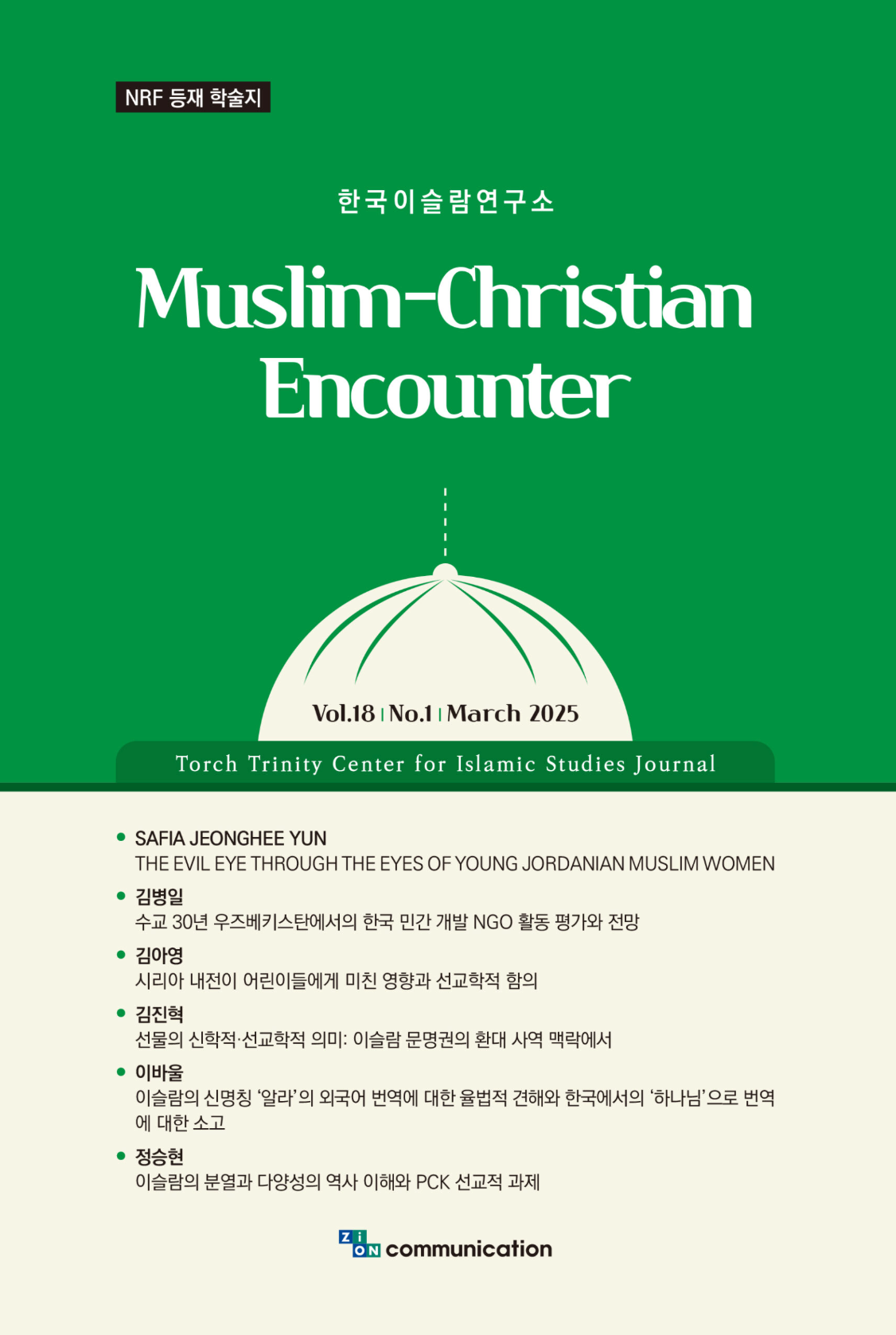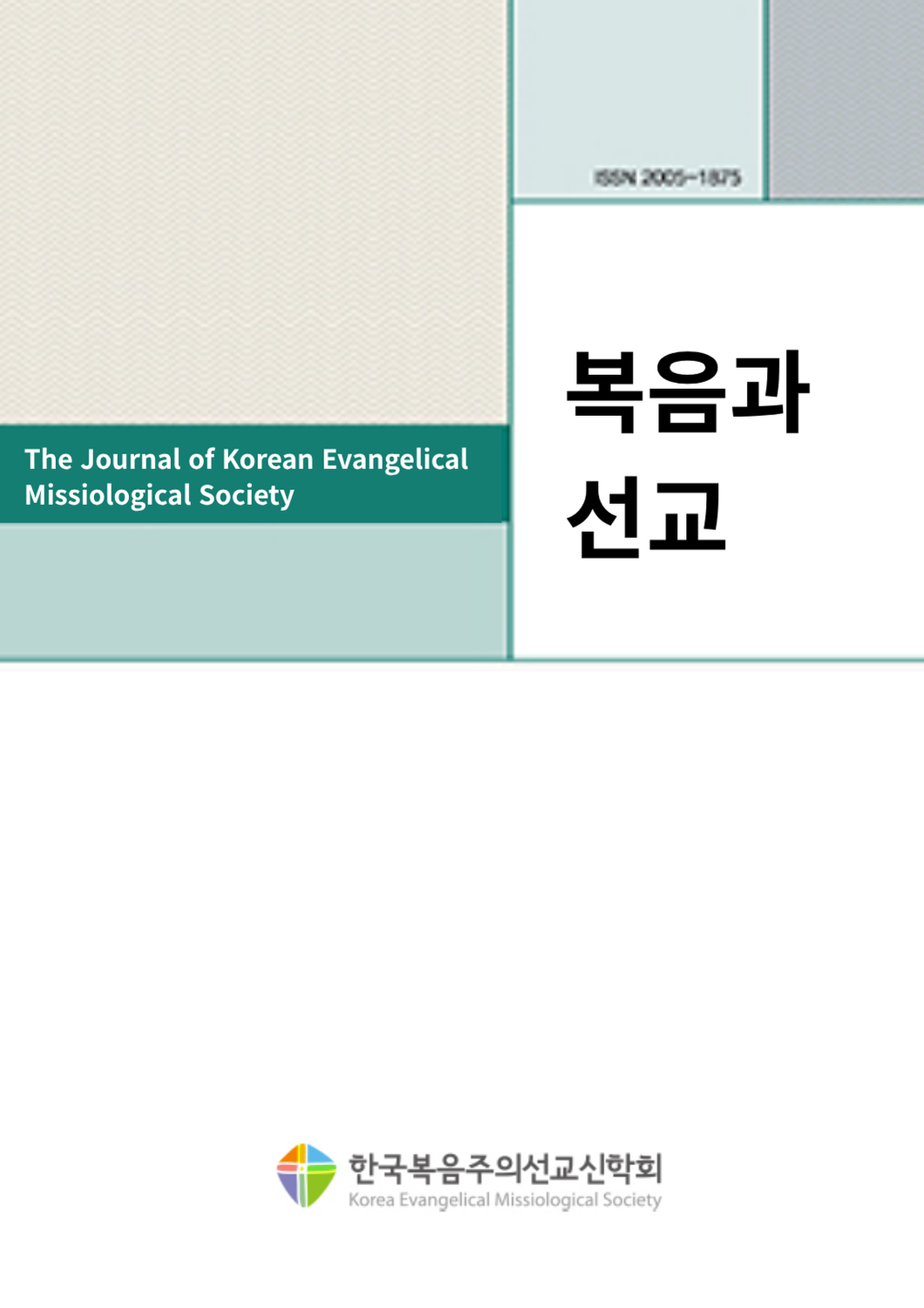https://doi.org/10.1163/15733831-12341812
1960년대 이후, 아프리카 주도의 오순절 교회들은 영국과 유럽에서 크게 성장해 왔으며, 종종 백인 토착 인구의 복음화를 주요 선교학적 목표로 설정해왔다. 그러나 수적 성장과 사회적 참여를 통해 존재감을 드러내고 유럽 공공 영역에서 종교에 관한 논의를 재점화하고 있음에도, 이러한 목표는 아직 실현되지 않았다. 런던과 암스테르담의 사례 연구를 바탕으로 한 본 논문은, ‘역(逆)선교’에 관한 기존 학문적 논의에서 벗어나, 유럽 내 나이지리아 발(發) 오순절 교회들의 세대 간 갈등이 그들의 선교적 목표 달성을 저해하는 중요한 장애물임을 주장한다. 본 질적 연구는 2세 및 그 이후 세대 나이지리아 이주민들을 중심으로, 1세대의 선교학적·종교적 활동에 대한 인식을 분석하며, 지도력, 토착 신앙/관습, 성별·문화 규범, 선교학적 접근방식과 관련된 세대 간 갈등을 탐구한다. 나아가 이러한 갈등 지점을 해결하는 것이 유럽 내 아프리카 오순절 교회의 선교적 성공을 위한 중요한 도구가 될 것이라고 논증한다.
Abstract Since the 1960s, African-led Pentecostal churches have flourished in the UK and Europe, often identifying the evangelisation of White indigenous populations as a key missiological aspiration. This desire has not yet been realised, although by numbers and social engagement, African Pentecostals are making their presence known and returning conversations on religion to the public sphere in Europe. This article, based on case studies in London and Amsterdam, departs from established scholarship on ‘reverse missions’ by arguing that intergenerational conflicts within Nigerian-initiated Pentecostal churches in Europe are a significant obstacle hindering their missional aims. This qualitative study focuses on second- and subsequent-generation Nigerian migrants and their perceptions of the missiological and religious activities of the first generation, exploring intergenerational conflicts relating to leadership; indigenous beliefs/practices; gender/cultural norms, and missiological approaches. It argues that addressing these points of conflict will be an important tool for the missional success of African Pentecostals in Europe.







